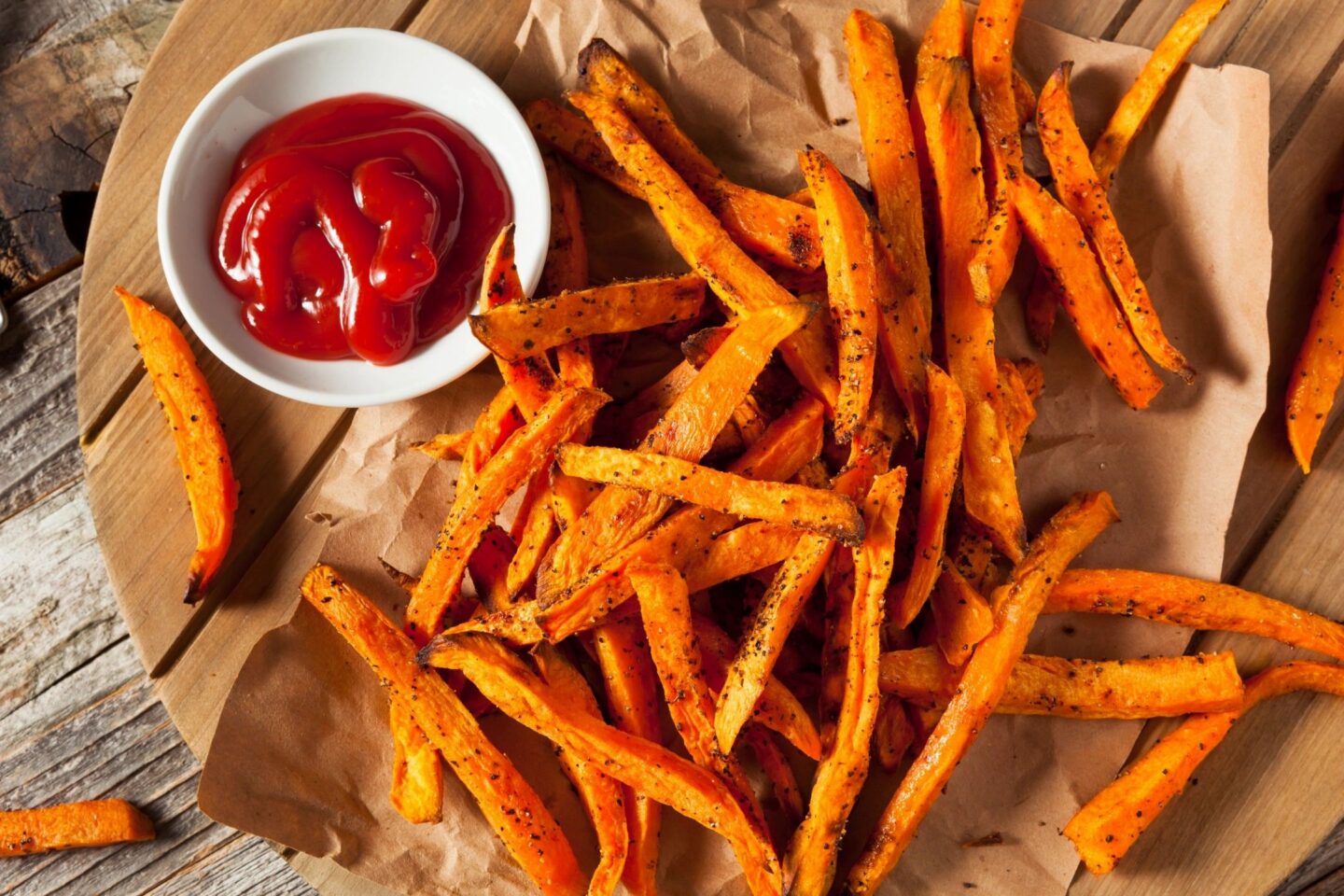Social distancing. Isolation.
Stay home. Stay safe.
I am bombarded with those messages and I am sure you are too.
As sick as I am of those, I am sure you are sick of them too.
It’s no doubt that social distancing in the time of a pandemic will “keep you safe” from the highly contagious COVID-19.
But…
What if this social distancing will result in other problems for us as a global society, turning the majority of us to addicts, of whatever substance that induces dopamine?
You want to feel good. You are craving that dose of dopamine, and so… let me ask you…
How are you spending your time?
You are bored. You try to think positively. Maybe you will do some exercises at home. Did you try yoga? Meditation? Perhaps you should start taking this course you always wanted to take. You join zoom challenges and try to “connect” online with your friends. That business idea you were thinking of, maybe now is a good time to start.
Then slowly, your motivation declines. Your energy levels go down, and you wonder what the hell is wrong with you.
You find yourself laying down on the couch. You watch Netflix and when you see the screen that asks you, “Are still watching”, you wonder if Netflix is judging you.
You don’t want to know how many hours you have been watching. The idea of knowing the number of hours you were staring at that God damn screen scares you.
Eating healthy might seem like a good idea.
Greens, vegetables, and fruit aisles in the supermarket are where you first go, but then you find yourself grabbing that ice cream bucket. The chips. The coke…. And chocolates. Lots of them.
You grab them and you watch more Netflix.
Some say they are out of the booze and wonder how they are going to survive the lockdown.
Netflix, food, chocolate, drugs, alcohol, you name it.
You have more of them. You crave for the “feel good” dopamine rush, only to know that you need more chocolate to keep it going. You need one more ice cream. One is not enough.
You have lost the human connection and now you are looking to fill that void.
Your bosses might think you “should” be more productive. You are spending all of this free time at home so you might as well be working.
Perhaps working is another form of addiction.
Have you thought of that?
Escape from the reality of social isolation and get yourself busy.
There was an experiment conducted by Bruce Alexander, professor of psychology in Vancouver, called “rat park” experient.
In a nutshell, it showed how when rats were isolated they resorted to sucking heroin water. However, when they were placed with a group of 20 rats, they ignored the heroin water.
What did they do instead?
They played, fought, ate, and mated.
Read more: The Opposite of Addiction is Connection, Psychology Today
Social connections, real social connections are what keeps us healthy. It’s what keeps us addiction-free.
“The opposite of addiction is not sobriety. The opposite of addiction is connection.” — Johann Hari
Watch TedTalk, Everything you think you know about addiction is wrong by Johann Hari.
#StayHomeStaySafe
And so they say…
Stay home. Follow social distancing. “Connect” online.
No matter how many “online” video chats we can have, we still crave real human connection, and when we don’t, we form other addictions.
“What if addiction is about your cage?”- Bruce Alexander
